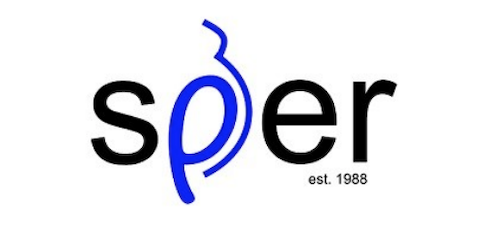Compassion & Community
Category : PROspective
This week has been tough for the Department of Epidemiology. We are mourning the loss of a student and friend of ours. Some knew he was sick and some did not; all of us are shocked and saddened by his passing.
I have seen faculty, staff, and student colleagues struggling to understand, wondering how best to remember him. I have seen loss and sorrow and hurt. And I have also seen compassion and grace.
This week I have witnessed some beautiful moments in between tears and questions. I have listened to a faculty member care for a student who was particularly close with the one we lost. This conversation was filled with moments allowing for grief and offerings of comfort.
I have seen the leaders of our department quickly provide space and support for our students to process and grieve together. They have publicly shared their emotions allowing others to feel safe to share theirs. I watched our Dean hug a student overcome with emotion and was deeply touched when a former faculty advisor spoke of rereading a letter of recommendation written for the student we have lost.
The loss of a young and talented person is hard to process. And while there is nothing about this loss that feels right, these moments have been another reminder for me that I am surrounded by really good people. I believe people are drawn to public health because they are deeply compassionate and have a desire to make the lives and experiences of everyone better. We have bold visions of a world filled with justice, equality, and health. Ambition is a core value of our department—we are used to thinking big. This week, the Epidemiology Department has paused to remember and to band together while we take extra moments to care for our own.
Instead of offering my PROspective on some aspect of your future career, I offer a hope instead. I hope that in the places you will work, you will find this level of commitment to both the big challenges in our world and the connection to those who travel our days with us. It is a special combination indeed.





Recent Comments